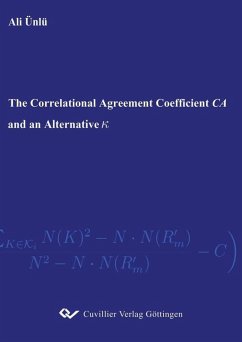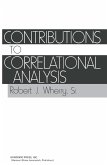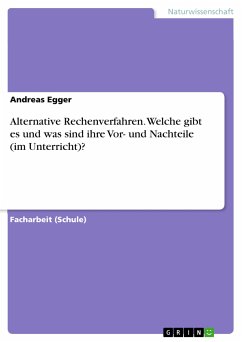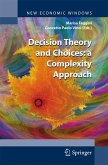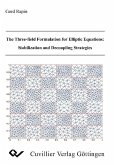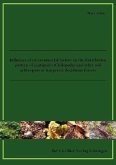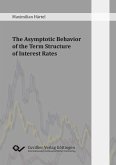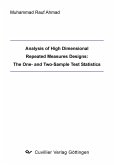Knowledge structures are mathematical models that belong to the Theory of Knowledge Spaces. Knowledge Space Theory has been successfully applied for the computerized, adaptive assessment and training of knowledge. Knowledge structures have also proved valuable for the structuring of hyper-texts, the analysis of organizational workflows, and the modeling of cross-cultural knowledge and inter/intra-cultural value systems. A crucial problem in this theory is the derivation of a realistic knowledge structure representing the organization of knowledge in a domain and population under reference. Often you face the problem of selecting among competing knowledge structures. That selection problem constitutes the central objective of this work. The properties of the Correlational Agreement Coefficient CA are investigated and its deficiencies are pointed out. The work then introduces an alternative to the CA measure, the coefficient κ, for selecting among competing knowledge structures.
Dieser Download kann aus rechtlichen Gründen nur mit Rechnungsadresse in A, B, BG, CY, CZ, D, DK, EW, E, FIN, F, GR, HR, H, IRL, I, LT, L, LR, M, NL, PL, P, R, S, SLO, SK ausgeliefert werden.

